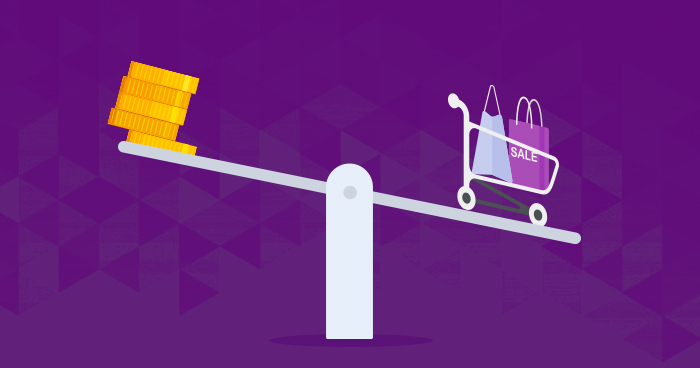1. Operating System:
- iPhone: iOS is known for its sleek and user-friendly interface. It offers consistent updates and a closed ecosystem, ensuring compatibility and security.
- Android: Android offers more customization options and is used by various manufacturers. It's open-source, which can mean more diversity in features and pricing.
2. App Ecosystem:
- iPhone: The Apple App Store is renowned for its vast selection and quality apps. It often receives exclusive app releases first.
- Android: The Google Play Store offers a wide range of apps but may have more variability in app quality.
3. Hardware:
- iPhone: Apple's iPhones are known for their premium build quality, exceptional cameras, and reliable performance.
- Android: Android phones come in a variety of designs and price points, catering to a broader audience.
4. Customization:
- iPhone: Offers limited customization options compared to Android.
- Android: Allows extensive customization, from home screen layout to system-wide theming.
5. Price Range:
- iPhone: iPhones are typically more expensive, with some high-end models reaching premium price points.
- Android: Android phones cover a broader price range, from budget-friendly to high-end flagship devices.
6. Ecosystem Integration:
- iPhone: Seamlessly integrates with other Apple devices (Mac, iPad, Apple Watch) for a unified experience.
- Android: Offers various third-party integrations and compatibility with different devices.
7. Software Updates:
- iPhone: Apple provides long-term software support with frequent updates.
- Android: Update availability and longevity vary by manufacturer and model.
8. Battery Life:
- iPhone: Generally offers good battery life, especially in newer models.
- Android: Battery life varies significantly based on the manufacturer and model.
Conclusion: Choosing between an iPhone and an Android device depends on your preferences. If you value a polished, user-friendly experience with seamless ecosystem integration, an iPhone may be the right choice. On the other hand, if you prefer more customization options and a wider range of hardware choices, an Android device might be your best bet. Consider your priorities and budget when making your decision.
Title: "Laptop Showdown: MacBook vs. Windows PC"
When it comes to laptops, two primary contenders stand out: Apple's MacBook and Windows-based PCs. Let's compare these two platforms to help you make an informed decision:
1. Operating System:
- MacBook: macOS offers a sleek and intuitive user interface. It's known for stability, security, and easy integration with other Apple devices.
- Windows PC: Windows provides more software and hardware flexibility, making it a versatile choice.
2. Build and Design:
- MacBook: Apple is renowned for its premium build quality and sleek designs.
- Windows PC: The design and build quality can vary widely based on the manufacturer and model.
3. Performance:
- MacBook: MacBooks are known for their fast performance, efficient multitasking, and long battery life.
- Windows PC: Performance varies based on hardware specifications, so you can find options tailored to your needs.
4. App Ecosystem:
- MacBook: macOS has a curated App Store with quality apps but a more limited selection compared to Windows.
- Windows PC: The Windows ecosystem provides a vast array of applications, including gaming options.
5. Price Range:
- MacBook: Apple laptops tend to be premium-priced, and there are limited budget options.
- Windows PC: The Windows market caters to various budgets, from affordable to high-end devices.
6. Software Compatibility:
- MacBook: Best for those already invested in the Apple ecosystem with iOS devices and software.
- Windows PC: Offers compatibility with a wider range of third-party software.
7. Gaming:
- MacBook: Not ideal for gaming due to limited game library and hardware.
- Windows PC: Offers more gaming options with better GPU choices.
Conclusion: Your choice between a MacBook and a Windows PC should align with your specific needs and preferences. If you prioritize premium build quality, seamless integration with other Apple devices, and excellent performance, a MacBook may be your ideal choice. In contrast, if you seek greater flexibility, a wide range of pricing options, and extensive software compatibility, a Windows PC might be the better fit.
These comparisons aim to help readers understand the key differences and strengths of each platform, allowing them to make an informed decision based on their priorities and requirements.




Comments (0)